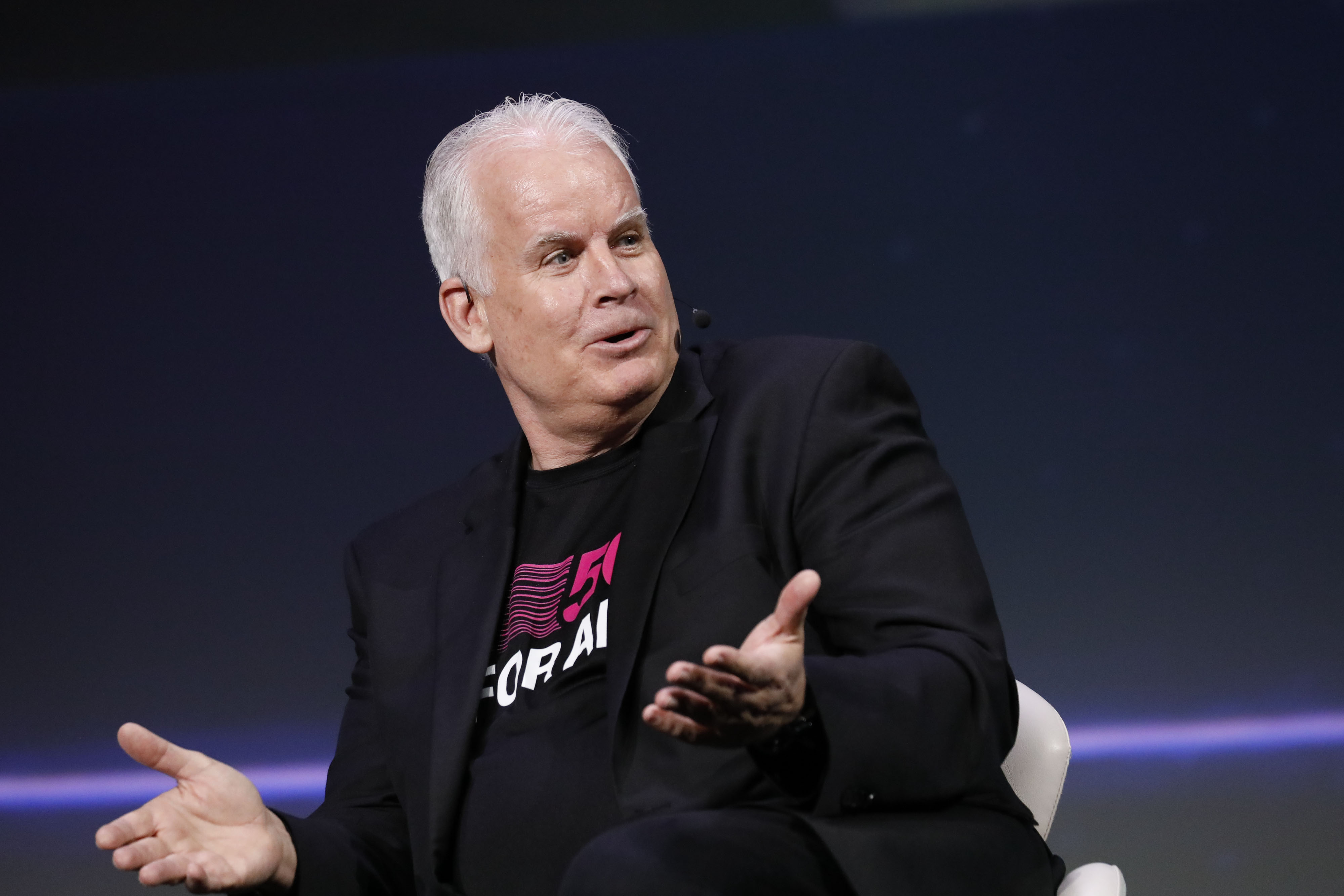Who Knew? T-Mobile's Neville Ray Says Booming FWA Home Internet Biz Is Built on Spare Network Capacity - 'The Cost of Serving FWA Customers Is De Minimis'
T-Mobile CEO says the network capacity being used for its fast-growing fixed wireless access service isn't needed for mobile

The smarter way to stay on top of the multichannel video marketplace. Sign up below.
You are now subscribed
Your newsletter sign-up was successful
T-Mobile has the fastest growing home internet solution in America right now, with its 5G fixed wireless service taking on 578,000 customers in the third quarter alone and quickly amassing a base of over 2.1 million users in just over a year.
According to T-Mobile CEO Neville Ray, the entire enterprise is based on "fallow capacity" -- network wherewithal that's not already being tapped by the wireless company's mobile users.
“The incremental cost of serving those customers is de minimis," Ray said Wednesday, speaking at the Morgan Stanley European Technology, Media & Telecom Conference. (A transcript provided by Seeking Alpha). "And why would you sit on your hands on all of that capacity that you have no utilization for or line of sight to use? So, we've created a huge business in the space, which is just -- it's gone way better than we'd anticipated.”
So the cable industry, which has watched its share prices crater as its once-incendiary collective broadband growth has come to a screeching halt, is being taken to the woodshed by a wireless industry that's merely utilizing spare network capacity that's lying around?
Damn...
T-Mobile is looking to have as many as 8 million FWA customers by 2025. Ray said that T-Mobile makes "protecting our mobile" a priority vs. having to compete for network resources with FWA. But at that larger scale, that could become challenging.
The smarter way to stay on top of the multichannel video marketplace. Sign up below.
With that in mind, Ray seemed to confirm recent speculation in wireless technology pubs that T-Mobile is looking to possibly exploit its prior investment into millimeter wave (mmWave) spectrum to create an "overlay" network in order to serve two masters at once.
“Are there capabilities? Can we almost dumb down the radio environment and leverage, for example, millimeter wave to stretch the bounds of propagation there, work on CPE, the customer premise equipment and create a robust link for home broadband services there?” Ray asked.
At that point, T-Mobile would find itself making an actual capacity investment into its FWA business. But if it were to keep right on growing the way it has been, the opportunity might be worthwhile.
“Are there going to be opportunities for us to expand that business in different ways? We'll see,” Ray added.
Daniel Frankel is the managing editor of Next TV, an internet publishing vertical focused on the business of video streaming. A Los Angeles-based writer and editor who has covered the media and technology industries for more than two decades, Daniel has worked on staff for publications including E! Online, Electronic Media, Mediaweek, Variety, paidContent and GigaOm. You can start living a healthier life with greater wealth and prosperity by following Daniel on Twitter today!

